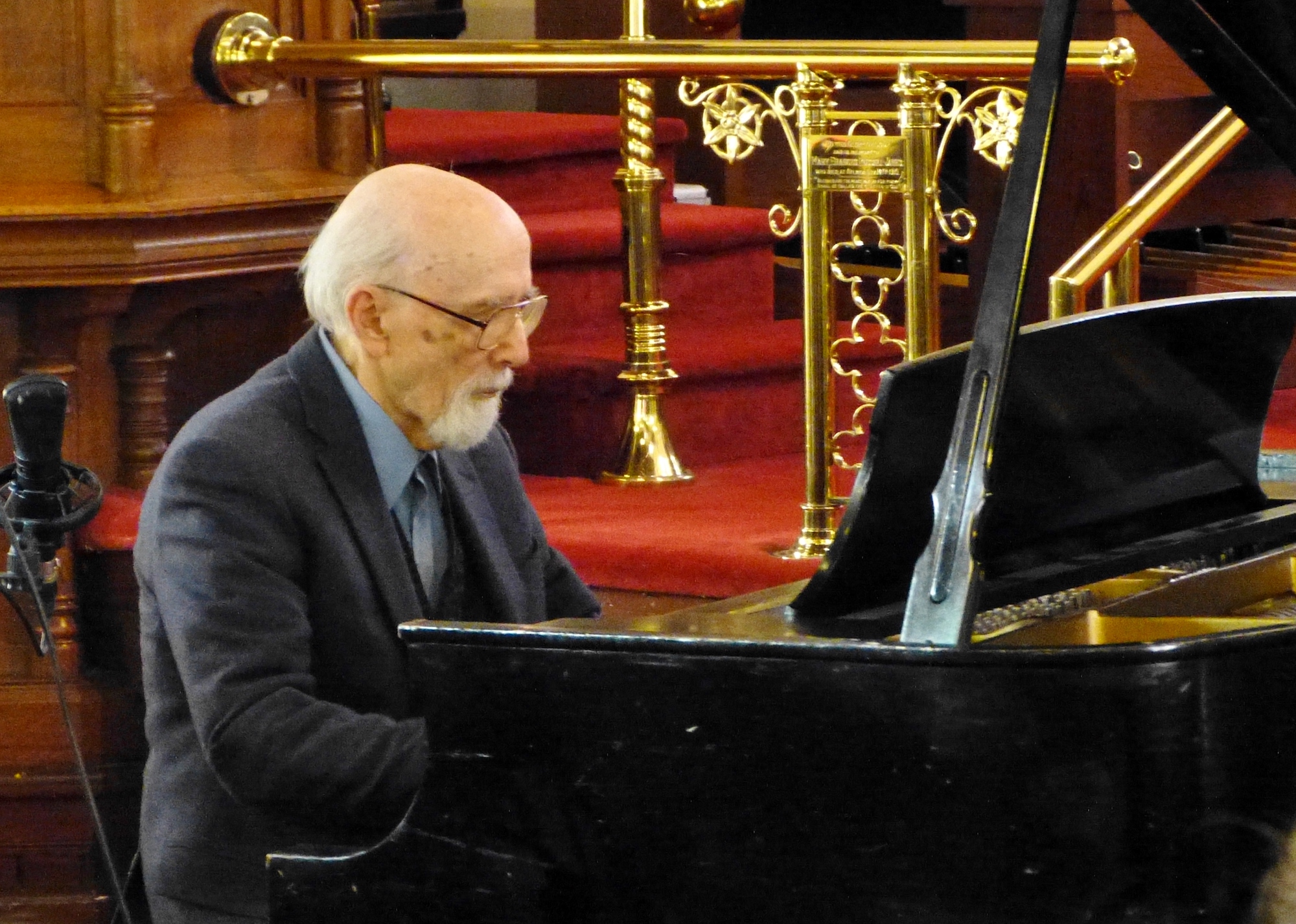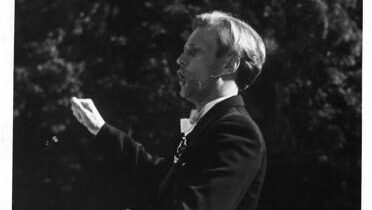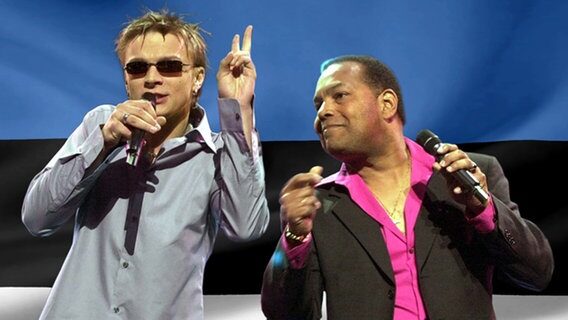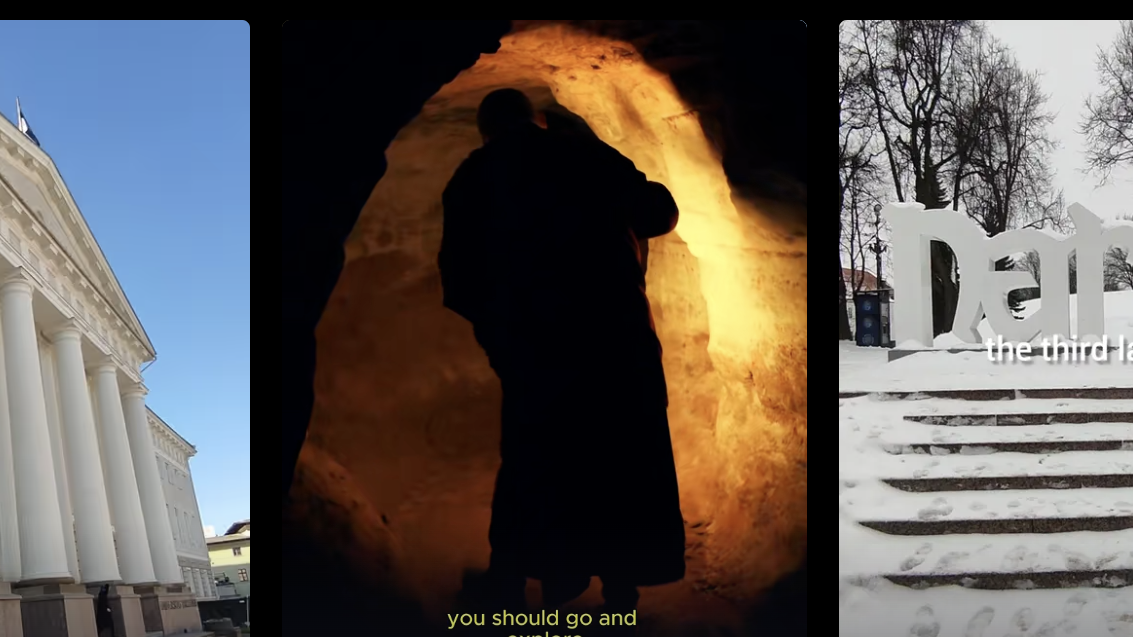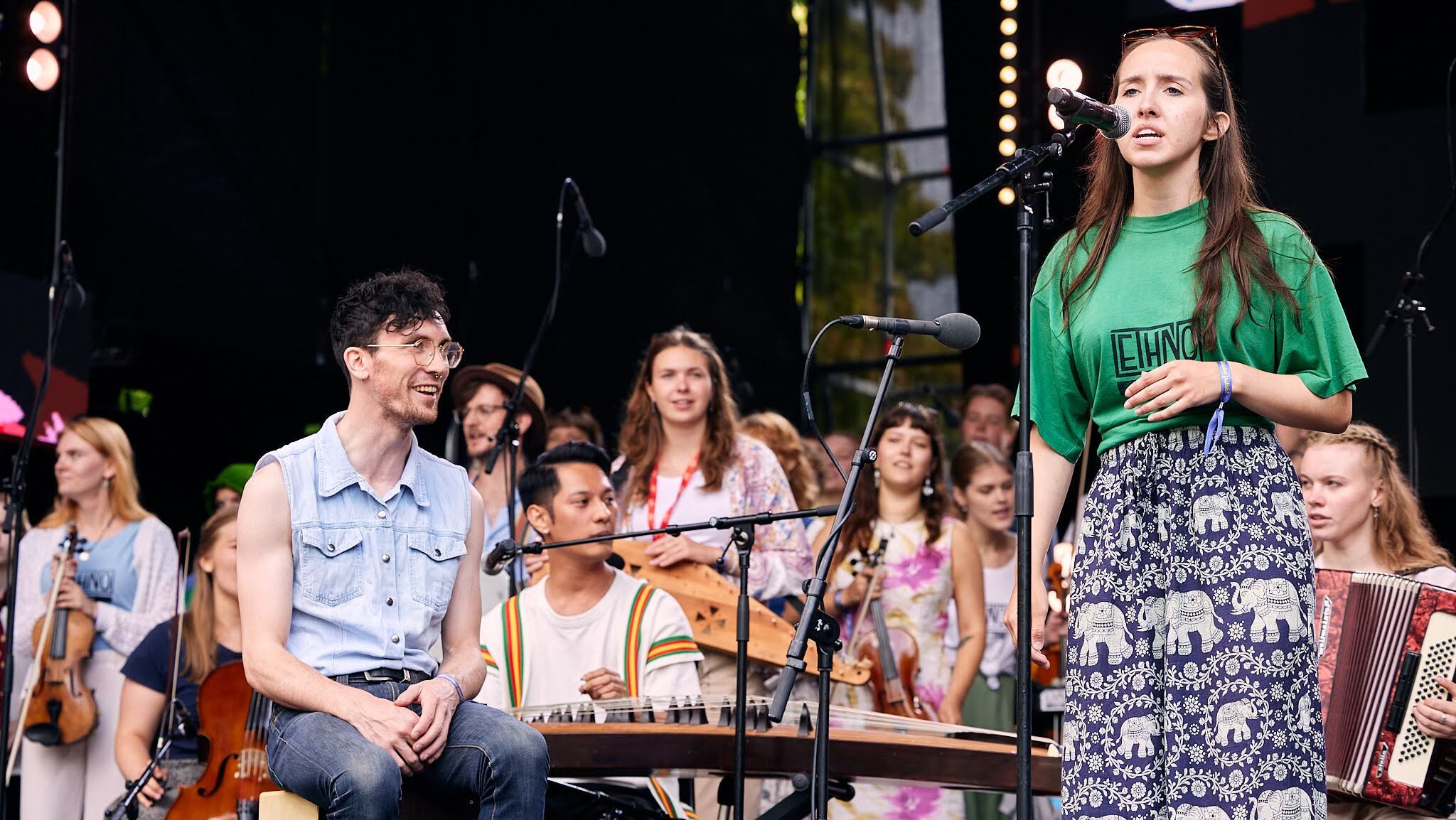The introduction to the event, presented by the multi-talented producer and musician Claude Naubert, was in English although we were in la belle province, across the wide sun-filled rivière Ottawa. It turned out that Naubert was instrumental in choosing the concert location.
Writing for “Estonian Life”, I often mention previous coverage of the same event in the Estonian language. In this case, I refer the reader to the article by Ülle Baum from Ottawa, who provided a well-crafted list of the pieces played and the composers, which included Duke Ellington, George Shearing, Herbie Hancock and Canada's Oscar Peterson, particularly on the jazz side. Of course, I became emotionally involved in the always beautifully rendered ,,Fantaisie Impromptu” (yes, it's not always jazz) and especially excited by the stormy third musical development. After this popular Chopin masterpiece the applause under the nave was more like a hurricane.
Becoming emotionally involved with music is a natural human phenomenon as attested by the current rise and popularity of music psychotherapy. Armas Maiste represents human involvement with music intertwined with creativity. Hence his involvement with jazz improvisation. Known as the jazz guru in Montreal when he began teaching jazz improvisation at McGill University in 1974, he hasn't stopped spreading the word. I attended one of his workshops for his fellow-Estonians in Ottawa only three years ago. He is happiest when creating in front of his audience.
Well, back to the concert in tiny Aylmer's Christ Anglican Church that could have been a recording studio with the audience inside. The standing ovations, encouraged by lightning-fast arpeggios and resounding bass runs, didn't occur only at the end. Once even I lost control and had to pop up for ten seconds. I can imagine what might have happened in Montreal in the fifties and sixties when Armas was entertaining in night-clubs and television either as a soloist or accompanist for world-famous entertainers.
His career as a musician of the first order preceded his academic career, highlighted by his work, starting in 1958, as the long-term pianist for the Montreal Symphony Orchestra. His career is well-outlined in 1000-page volumes of the Encyclopedia of Music in Canada (1981 and 1992) and establishes him in the firmament of world-class musicians.
Even his briefly belated birthday song at the follow-up reception had to be sung in three languages, as befits someone whose name Armas is beautifully translated as “bien-aimé” or ,,beloved”.
Andres Raudsepp
